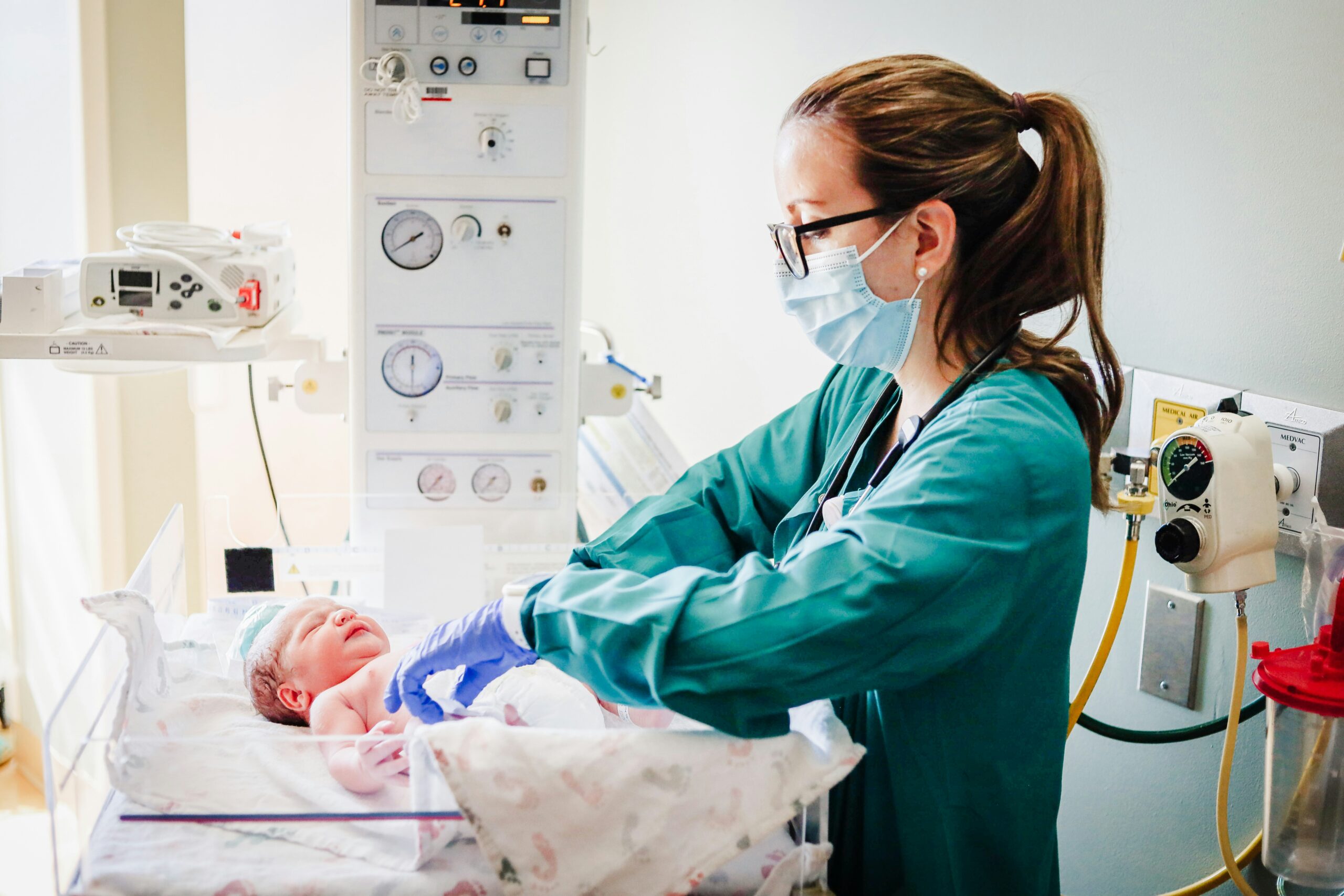Philanthropy in Modern Medicine: The Bridge Between Innovation and Care

Philanthropy in modern medicine is more than charitable giving—it is a powerful force that transforms the way healthcare systems function, expand, and evolve. By addressing financial gaps, supporting education, and driving groundbreaking research, philanthropy ensures medicine does not remain an exclusive privilege but a shared human right. In today’s healthcare environment, where costs rise faster than access expands, philanthropy stands as the bridge between innovation and patient care.
Igniting Breakthroughs in Medical Research
Medical research is the foundation of progress. Every life-saving treatment, from vaccines to advanced surgeries, began as an idea that needed funding. However, traditional financial sources often hesitate to back projects with high risk or uncertain outcomes. This is where philanthropy steps in with courage and vision.
Philanthropic support enables scientists to explore ideas that may not yield immediate financial returns but hold transformative potential. Cancer immunotherapies, stem cell research, and genetic therapies gained momentum because of donations that funded early trials. Without philanthropic dollars, many of these breakthroughs might have remained shelved concepts.
Equally vital is the role of philanthropy in rare disease research. Pharmaceutical companies may avoid investing in conditions affecting small populations due to low profitability. Donors make it possible to pursue these efforts, ensuring no patient group remains forgotten. By enabling innovation, philanthropy not only fuels discoveries but also secures a healthier tomorrow for all.
Expanding Healthcare Access for Communities
Access to quality healthcare remains unequal across the globe. High costs, limited facilities, and geographic isolation leave millions underserved. Philanthropy creates opportunities for these communities by funding free clinics, mobile health units, and telehealth programs. These initiatives break down barriers, bringing care directly to the people who need it most.
In the United States, donor-supported hospitals often provide reduced or no-cost care for patients in financial distress. Globally, philanthropic organizations help build clinics in rural villages and fund outreach services in low-income regions. For patients, this support represents not only treatment but also dignity and hope.
Philanthropy ensures that access to healthcare is not dependent on wealth or social status. Reducing inequities reinforces the belief that medicine should serve humanity as a whole.
Empowering the Next Generation of Healthcare Professionals
The strength of modern medicine depends on the skills and dedication of healthcare professionals. However, medical education is increasingly expensive, discouraging many talented individuals. Philanthropy plays a transformative role in addressing this issue by funding scholarships, grants, and residency programs. These contributions allow aspiring doctors and nurses to pursue their dreams without crippling debt.
Donors also enhance educational environments. Investments create advanced training centers, research facilities, and simulation labs that prepare students for real-world challenges. These improvements equip medical trainees with cutting-edge knowledge and practical skills, ensuring future patients receive the best possible care.
Philanthropy in education does more than train individuals; it builds a stronger, more capable healthcare workforce. Every dollar invested in medical education strengthens the system for generations to come.
Strengthening Public Health and Prevention
Healthcare is not only about treating illness but also about preventing it. Public health programs often lack adequate funding, yet they play a vital role in protecting communities. Philanthropy bridges this gap by supporting initiatives that promote wellness and prevent disease before it escalates.
Donor-funded vaccination campaigns have nearly eradicated deadly diseases like polio. Philanthropy also supports mental health awareness, maternal care, and nutrition education—programs that improve overall community health. These preventive efforts reduce long-term medical costs while saving lives.
Public health philanthropy goes beyond responding to emergencies. It builds sustainable systems that keep communities healthier in the long run. In this sense, philanthropy strengthens not only individuals but also entire societies.
Building Resilience in Healthcare Systems
The COVID-19 pandemic exposed the fragility of healthcare systems worldwide. Hospitals faced shortages, while researchers raced against time. Philanthropy made a critical difference by funding emergency supplies, supporting vaccine development, and helping hospitals expand capacity. This swift action filled urgent gaps when traditional systems struggled to keep up.
Philanthropy also plays a vital role in preparing for future crises. By funding disaster preparedness programs, supporting research into emerging diseases, and enhancing healthcare infrastructure, donations strengthen resilience. When the next challenge arises, healthcare systems will be better equipped to respond quickly and effectively.
Resilient systems save lives not only during crises but also in day-to-day care. Philanthropy ensures that hospitals, clinics, and research centers have the resources they need to adapt and thrive.
Enriching the Patient Experience
Healing extends beyond medicine. Patients need support that addresses emotional, mental, and practical challenges alongside physical treatment. Philanthropy enriches the patient experience by funding programs that would otherwise remain outside standard healthcare budgets.
Donor-supported initiatives often include counseling services, housing for families near hospitals, and wellness programs that focus on holistic healing. These services ease the burden on patients and families during difficult times. For children in long-term care, philanthropic funding often brings playrooms, art therapy, and educational support, helping them retain a sense of normalcy.
Such efforts remind us that medicine is not only about curing diseases but about restoring quality of life. Philanthropy makes this vision possible.
A Collective Commitment to Humanity
Philanthropy in modern medicine reflects humanity’s shared responsibility for health. It demonstrates that healthcare should not be shaped by financial privilege but by compassion and collective effort. Every act of giving—whether from large foundations or small community donations—creates ripples of change that improve lives.
By funding research, expanding access, supporting education, and strengthening public health, philanthropy connects innovation with compassion. It ensures that progress in medicine is not confined to laboratories or elite hospitals but reaches the bedside of every patient, regardless of background.
Philanthropy is not an optional supplement; it is the heartbeat of modern medicine. It bridges gaps, drives breakthroughs, and enriches patient care. As healthcare continues to evolve, philanthropy will remain the force that ensures medicine’s ultimate goal: healing all who need it.
Additional Information
- Blogs
- healthcare environment, medical education, modern medicine
- Dr. Seth Eidemiller